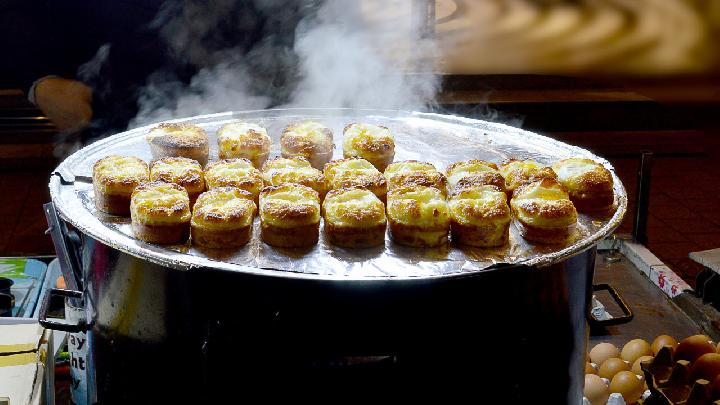TEMPO.CO, Jakarta – For Muslims, selecting halal food is an essential part of practicing their faith. When visiting non-Muslim majority countries like South Korea, being mindful of the halal status of children’s snacks becomes especially important.
Many Korean street foods contain non-halal ingredients, such as pork or animal-based broths that are not prepared according to Islamic guidelines. Therefore, extra care is needed when choosing which foods to try.
Fortunately, South Korea has become increasingly welcoming to Muslim tourists by offering a growing selection of halal-certified snacks and restaurants. This development not only ensures greater comfort and safety for Muslim visitors but also allows them to fully enjoy the richness of Korean cuisine without concern.
Here are five tasty Korean street foods that are available in halal versions.
Tteokbokki
Tteokbokki is the most popular street snack in Korea, made from chewy rice cakes cooked in a sweet and spicy gochujang sauce. Typically, the base broth of tteokbokki contains non-halal ingredients such as fish or meat.
However, many vendors, especially in tourist areas such as Myeongdong and Itaewon, now offer halal tteokbokki with vegetable or seafood broth. This version is free from non-halal ingredients and still offers an authentic and tantalizing taste.
It’s no wonder that tteokbokki has become a must-try food for Muslim tourists visiting South Korea.
Hotteok
According to The National News, Hotteok has become one of the most sought-after snacks for Muslim visitors to Korea.
This Korean pancake is fried with sweet fillings such as brown sugar, nuts, and cinnamon. Modern variations also include fillings such as grains, japchae, and even savory fillings like meat.
Halal Hotteok, made only with basic ingredients such as flour and sugar, can easily be found in traditional markets such as Namdaemun. Its crispy texture on the outside and soft inside make it perfect for enjoying in cold weather. Its alluring aroma often attracts foreign tourists who are trying it for the first time.
Bungeoppang
Bungeoppang is a fish-shaped pastry traditionally filled with sweet red bean paste. Its halal version is widely accessible since it typically contains no meat.
Today, bungeoppang comes with a variety of fillings like custard, sweet potato, cream cheese, and even ice cream, all of which remain safe options for Muslim consumers.
According to the Korea Times, one well-known spot to enjoy bungeoppang is Chonggakne Bungeoppang at Gwangjang Market in Seoul. Modern takes on this classic treat can also be found in cafes like CHILDISH and Bboongeo Dang, offering creative variations topped with salted butter or mozzarella cheese.
Gyeranppang
Gyeranppang is a muffin-shaped bread topped with a whole egg. This food first appeared near Inha University in 1984 and has since become an iconic winter snack in Korea.
Because it is made from simple ingredients such as flour, milk, eggs, and sometimes cheese, gyeranppang is a relatively safe choice for Muslims, as long as non-halal toppings are not added. Its soft texture and sweet-savory taste make it an ideal snack to enjoy while strolling around the city.
Eomuk
Eomuk, also known as odeng, is a fish cake that is skewered and simmered in hot broth. While it’s a popular and delicious food, Muslims must ensure that both the broth and the fish cake ingredients come from halal sources.
In the Islam Street area of Itaewon, several halal restaurants offer eomuk prepared without any questionable ingredients. Typically served with a small cup of broth, eomuk is an ideal choice for warming up during the cold winter months. Some establishments even present eomuk in a more modern dining style.
Editor’s Choice: U.S. Flags Concerns over Indonesia’s Halal Product Rules: Too Complex and Bureaucratic
Click here to get the latest news updates from Tempo on Google News
